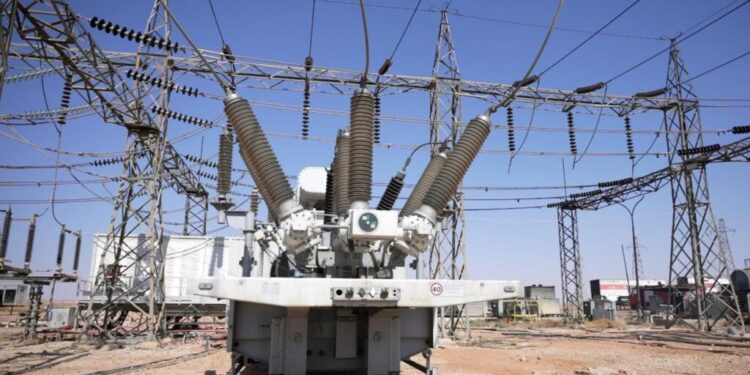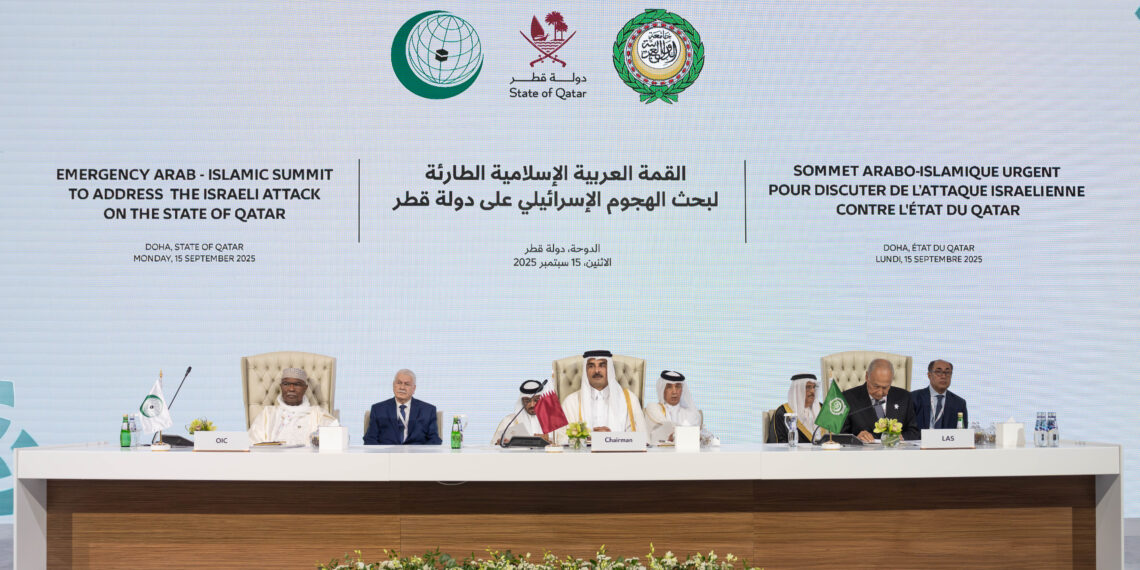Egypt is working to expand its electricity interconnection networks with countries in the region as part of plans to enhance regional energy cooperation. It is preparing to extend a new submarine cable with Jordan with a capacity of up to 2,000 megawatts, paving the way for electricity exports to Iraq, Syria, and Lebanon starting in 2029, according to an Egyptian government official, noting that the project is still in the technical studies phase.
This move comes after Egyptian Prime Minister Mostafa Madbouly’s recent visit to the Jordanian capital, Amman, where he discussed with his Jordanian counterpart prospects for cooperation in the energy sector, most notably developing the existing electricity interconnection between the two countries and expanding it to include other countries in the Levant.
The current capacity of the electricity interconnection between Egypt and Jordan is 500 megawatts, via a 400 kilovolt submarine cable, which has been operational since 1999. Cairo and Amman are seeking to increase this capacity to 2,000 megawatts in the coming years. In this context, Egyptian Minister of Electricity and Renewable Energy Mahmoud Esmat previously stated that coordination between the two countries is progressing toward implementing this increase as part of the Egyptian government’s plans to expand energy exports.
The new project, according to the official, will launch from the Egyptian city of Taba on the coast of the Gulf of Aqaba and extend across the Red Sea to Jordanian territory, with an initial capacity of 2,000 megawatts. Implementation is expected to take approximately 30 months after the completion of technical studies and the commencement of actual work.
The Ministry of Electricity plans to issue a tender before the end of 2025 to select an international consultant to prepare the project’s studies according to international specifications. These studies are expected to take approximately six months, at an estimated cost of up to $1 million.
In parallel with this project, Egypt continues to strengthen its electricity interconnection network with other countries. Work is currently underway on a massive project with Saudi Arabia with a total capacity of 3,000 megawatts. This project will be implemented in two phases, with the first phase, with a capacity of 1,500 megawatts, scheduled to enter service during the summer of this year. Cairo is betting that these projects will help transform it into a regional hub for electricity exports, capitalizing on the surplus domestic production resulting from massive investments in power plants over the past years. It also sees this step as a means to support the stability of the region’s electricity grids and provide energy alternatives to countries suffering from severe supply shortages.







